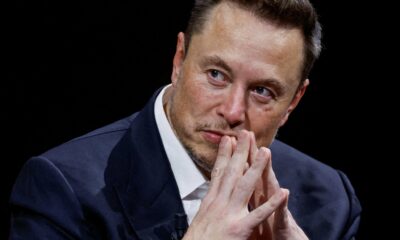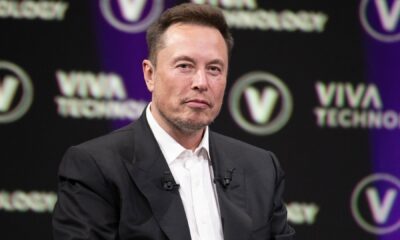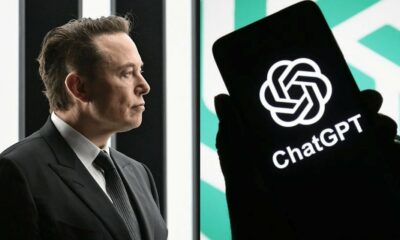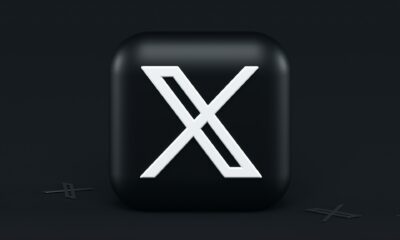Business
Starlink Wants Investment over Ownership in South Africa’s B-BBEE Rules
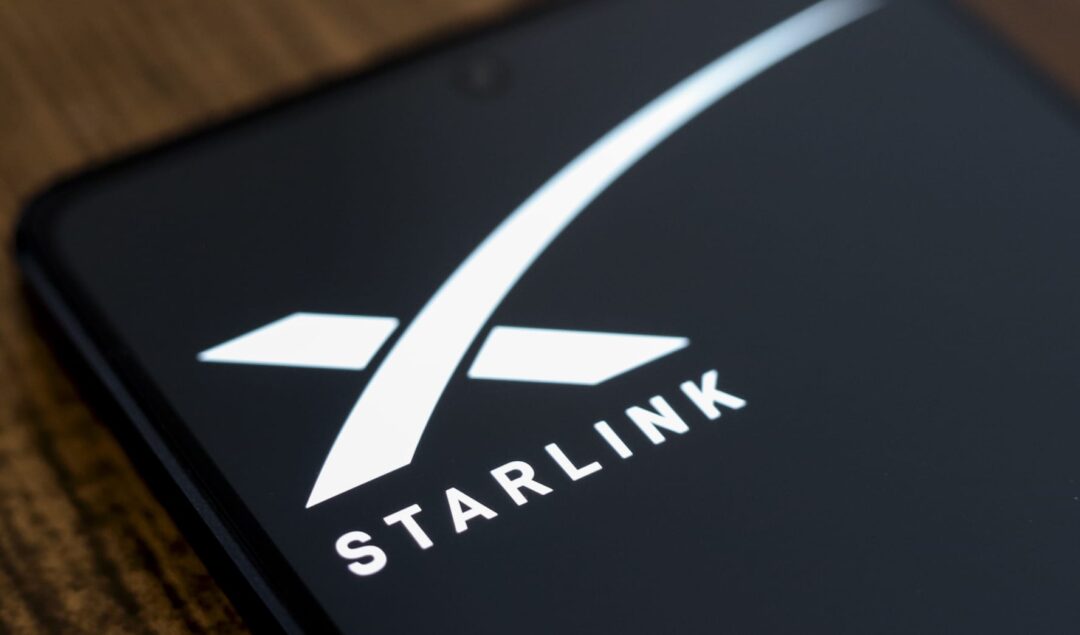
When Elon Musk’s satellite internet venture, Starlink, set its sights on South Africa, many thought it would simply meet the requirements for a telecom licence. Instead, it has ignited debate around the future of empowerment rules and foreign investment.
The challenge with B-BBEE rules
Under South Africa’s Broad-Based Black Economic Empowerment (B-BBEE) policy, telecom licence holders must be locally registered, achieve at least Level 4 empowerment status, and ensure that 30% of the business is owned by historically disadvantaged persons (HDPs), which includes Black South Africans and other groups as defined in ICASA’s framework. Starlink accepts the first two but is challenging the third.
Rather than hand over equity, the company wants to use Equity Equivalent Investment Programmes (EEIPs). These are already recognised under South Africa’s ICT Sector Code and allow multinationals to meet empowerment goals by investing in Black-owned small businesses, training initiatives, and digital inclusion projects instead of transferring ownership.
What Starlink is offering
Starlink’s pitch includes free internet access for 5,000 rural schools and high-speed connectivity for 2.4 million students. Supporters say this could accelerate South Africa’s National Development Plan, which targets universal, affordable broadband by 2030.
With the country’s internet speeds ranked poorly worldwide, many see Starlink’s low-orbit satellites as a way to bridge rural gaps and level the playing field for learners in underserved areas.
Why it’s controversial
Critics argue that allowing Starlink to bypass the 30% ownership rule risks undermining transformation and weakening economic sovereignty. Local telecom players like MTN, Vodacom, and Telkom, who must comply with strict B-BBEE ownership structures, could also face tougher competition.
Starlink noted that companies like Microsoft, AWS, IBM, and J.P. Morgan have already used EEIPs in South Africa. It also argues that the Independent Communications Authority of South Africa’s rigid 30% requirement may contradict broader laws that already permit EEIPs as an alternative.
The bigger picture
This is about more than one licence. It is about how South Africa defines empowerment in a digital economy. Should transformation come from direct equity, or can investment programmes that deliver education, digital skills, and rural connectivity be just as valuable?
Public reaction reflects this divide. Some praise the possibility of faster internet and improved school access, while others warn it could be a shortcut that benefits global corporations more than South Africans.
For citizens, the question is immediate: if Starlink can make internet access cheaper and wider, should the rules be flexible? Or does bending them compromise the country’s commitment to transformation?
Also read: South Africa Reconsiders BEE Rules as Starlink Waits at the Gate
Follow Joburg ETC on Facebook, Twitter, TikT
For more News in Johannesburg, visit joburgetc.com
Source: IOL
Featured Image: People of Color in Tech

